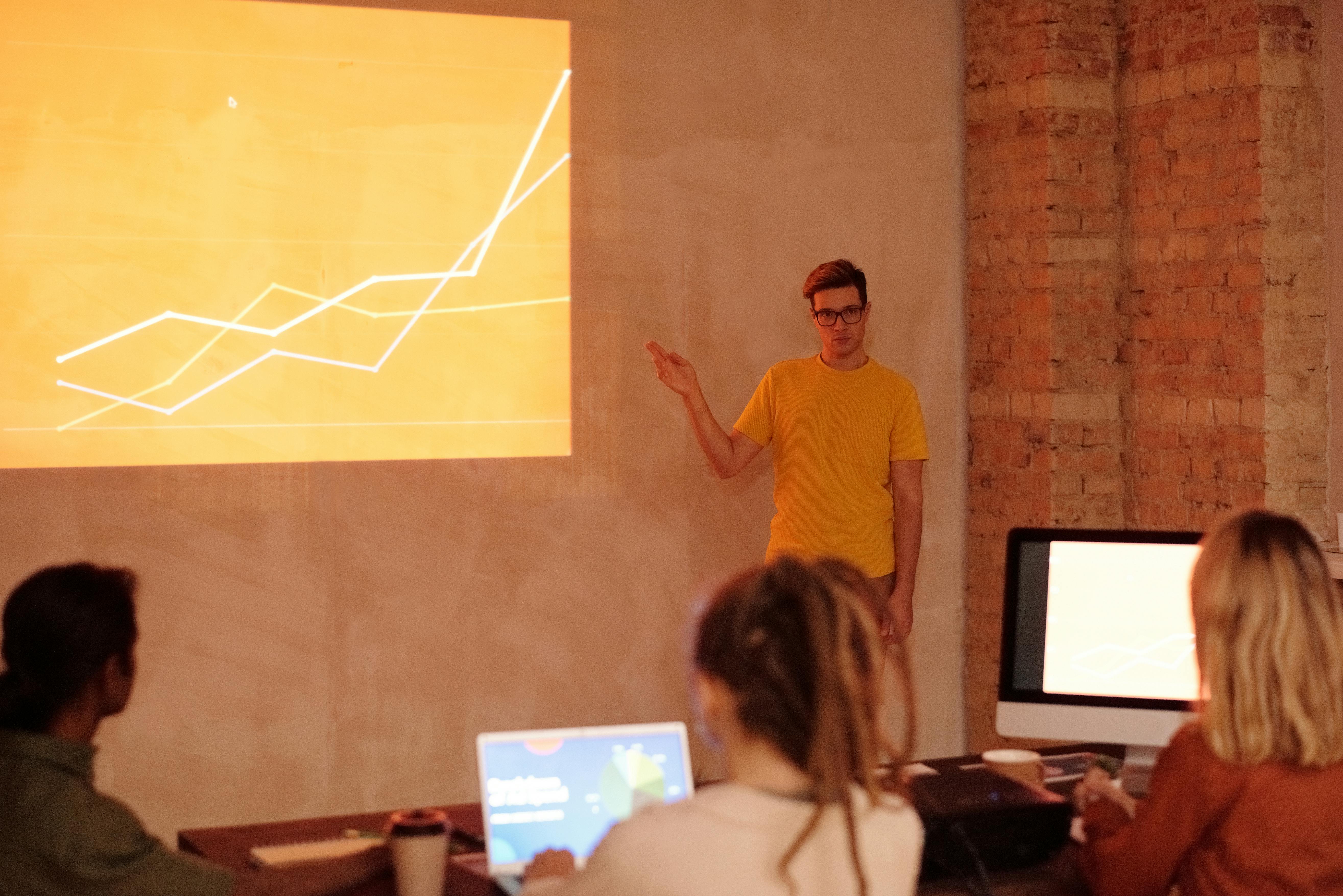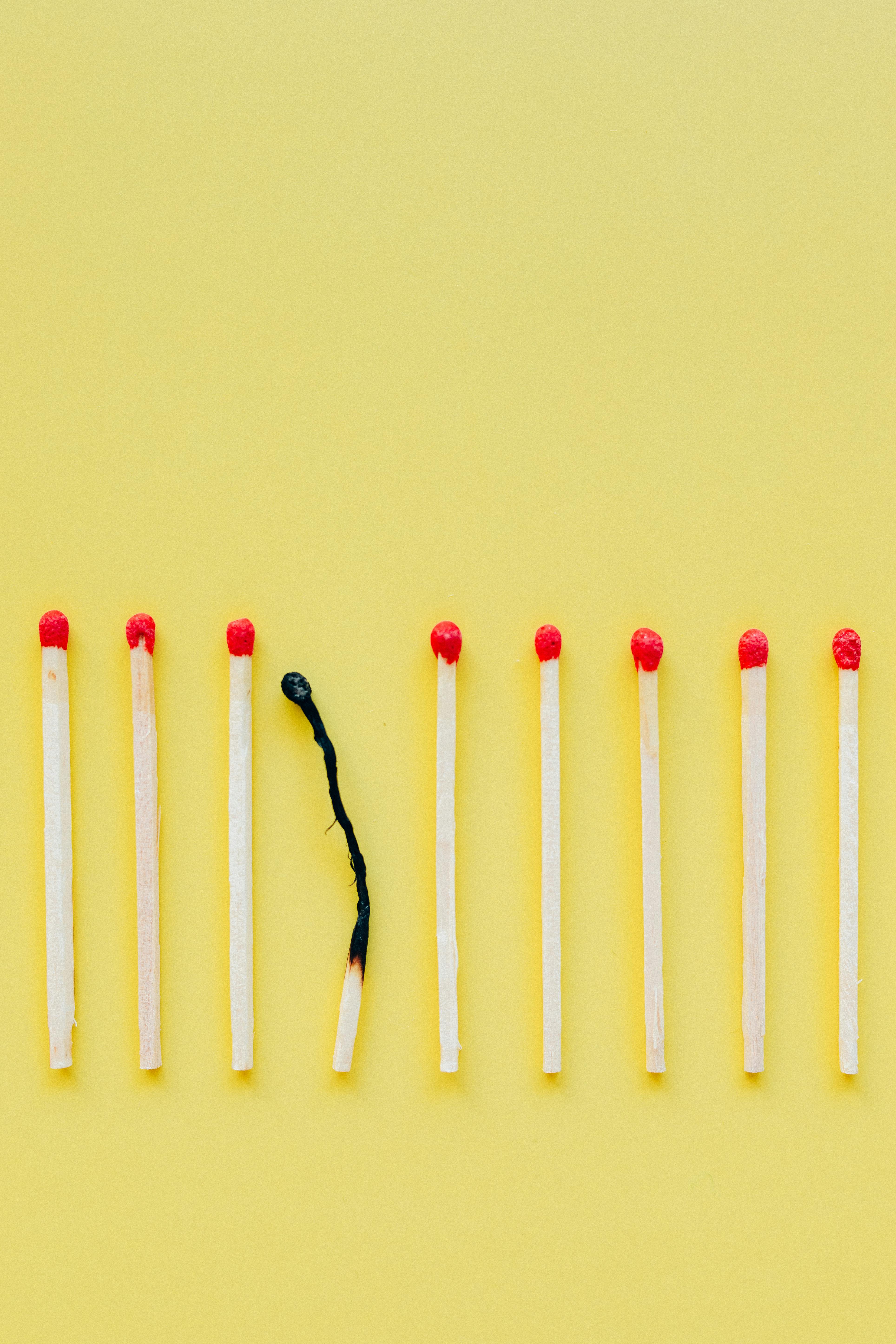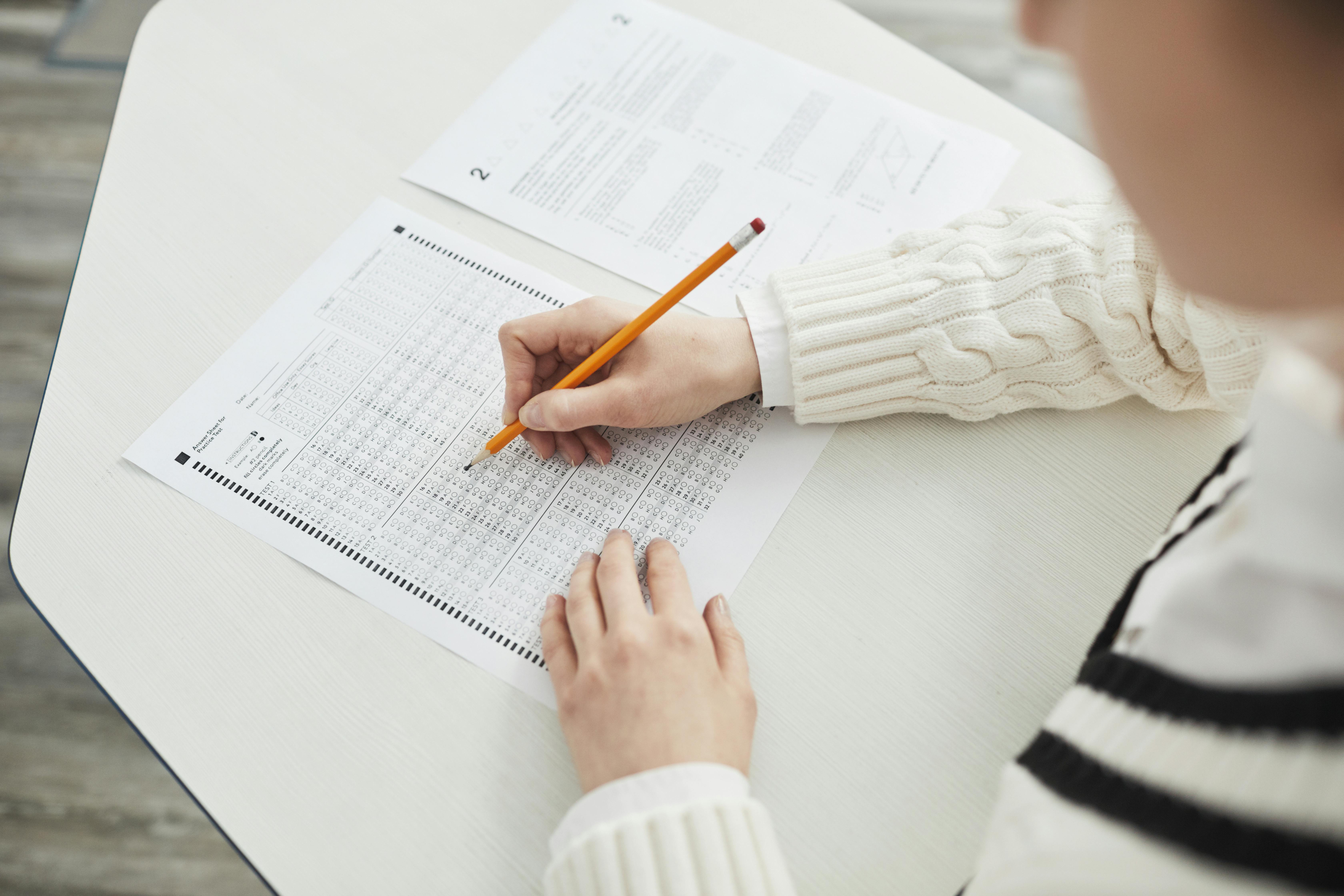
Why You’re Studying for Hours But Remembering Nothing (And What to Do About It)
We’ve all been there.
You sit down, open your laptop or textbook, and grind for hours. You highlight, reread, maybe even write everything out again. By the end, your brain feels cooked — but ask you what you actually remembered? Blank.
It’s frustrating. It feels like wasted time. And worst of all, it makes you question your intelligence when the real issue is how you’re studying — not how smart you are.
Here’s the truth: if you’re studying for hours and nothing’s sticking, it’s not your fault. You’ve just been taught to use study methods that look productive, but don’t actually help your brain retain information.
Let’s break down what’s really happening — and what you can do instead.
Problem 1: You’re Passive Studying (a.k.a. Fake Learning)
Reading a textbook. Watching a recorded lecture. Highlighting lines. Rewriting your notes.
These feel productive because you’re doing something. But they don’t challenge your brain to actually retrieve knowledge.
You’re absorbing, not interacting — and your brain doesn’t get the signal that says, “Hey, this is worth remembering.”
Fix it: Switch from passive to active recall.
Instead of re-reading, close your notes and ask yourself:
“What were the key points I just studied?”
“Can I explain this concept without looking?”
“What question would show up on a test about this?”
Active recall forces your brain to retrieve information — which is how long-term memory is built.
Problem 2: You’re Not Taking Breaks (aka Cramming Till You Melt)
Cramming feels necessary when you’re behind, but all it really does is overload your short-term memory and kill retention.
Your brain can’t lock in new knowledge if it never gets time to rest and file it.
Fix it: Use the spacing effect.
Instead of a 6-hour cram session, study for 1–2 hours over multiple days. Break your study sessions into:
50 minutes of deep focus
10-minute breaks
Short review sessions the next day
Reviewing the same info after some forgetting strengthens the memory — and makes it stick longer.
Problem 3: You’re Studying Everything at Once
When you try to review everything from every module in one sitting, nothing gets the deep focus it needs. It’s like throwing spaghetti at a wall — something might stick, but most of it won’t.
Fix it: Use focused chunks with goal-based sessions.
Ask:
What’s the one topic I want to master today?
What specific outcome am I aiming for? (e.g., “Be able to solve 3 problems on X”)
Break your study schedule into small, focused sessions. Don’t just “study biology” — study photosynthesis, or enzymes, or the nervous system — one at a time.
Problem 4: You’re Not Sleeping Enough
Here’s the unsexy reality: no amount of studying will stick if you’re chronically sleep-deprived. Your brain consolidates memory while you sleep. No sleep = no storage.
Fix it: Protect your sleep like it’s part of your study strategy.
Even just 6–7 hours is better than an all-nighter. Late-night study sessions may feel productive, but they’re usually just memory sabotage in disguise.
Problem 5: You Don’t Know What You Don’t Know
When you study solo, it’s easy to miss your blind spots. You might think you’ve got it — until you take a quiz or get asked a curveball question and freeze.
Fix it: Test yourself constantly.
Use past papers, mock quizzes, or flashcards. Or better — get AI tools to test you.
Duetoday AI does exactly that. It takes your lecture recordings, transcribes them, and auto-generates notes, flashcards, and interactive quizzes — based on your actual course content. You can even chat with your lectures and ask follow-up questions like “explain this concept in simpler terms” or “quiz me on today’s topic.”
It’s like turning your class notes into a mini tutor that works how your brain learns — not just how your professor teaches.
Try it free if your study sessions feel long and pointless right now. It turns time into progress.
Problem 6: You’re Studying Without Context
You remember things better when you understand them — not just memorize them. If you don’t get the bigger picture, facts and definitions feel random.
Fix it: Start every topic by asking “why does this matter?”
Find the structure before the detail. Build a mental map of how topics connect. This can be through:
Concept maps
Flowcharts
Chatting out loud with a study buddy (or yourself)
Once your brain knows where something fits, it’ll stop discarding it like random noise.
Problem 7: You’re Emotionally Burnt Out
When stress is high, focus disappears. Your brain sees pressure, not information. So even if you're “studying,” your cognitive bandwidth is too fried to encode anything long-term.
Fix it: Lower the pressure by simplifying the system.
Instead of obsessing over grades, aim for small wins:
“I want to understand one core concept today.”
“I want to be able to explain X in one paragraph.”
“I want to test myself and get 3 questions right.”
These give your brain small dopamine hits that motivate further focus — without panic mode.
Final Thoughts: It's Not About Studying More. It’s About Studying Smarter.
If you’re studying for hours and remembering nothing, the problem isn’t you. It’s the method.
Learning isn’t just about time spent — it’s about how you use that time. When you switch from passive input to active learning, create context, and take pressure off your brain, you’ll finally start to see progress that sticks.
And when tools like Duetoday AI help you auto-generate your study materials, quiz yourself, and stay on top of lectures — you’re no longer wasting time just “trying” to study. You’re actually learning.
FAQ
Why can’t I remember anything I study?
You're likely using passive study methods like rereading or highlighting. Your brain remembers better through active recall and spaced repetition.
How many hours a day should I study?
Quality beats quantity. 2–3 focused hours with breaks are better than 6 distracted hours. Use time blocks, goals, and review sessions for best retention.
Can Duetoday AI help if I’m behind on lectures?
Yes — it records and transcribes missed lectures, turns them into clean notes, and generates quizzes or flashcards. It’s like catching up without panic.
Is it okay if I forget stuff after studying?
Totally normal. Forgetting is part of learning. That’s why spaced repetition and regular self-testing are so powerful — they help reinforce memory over time.













